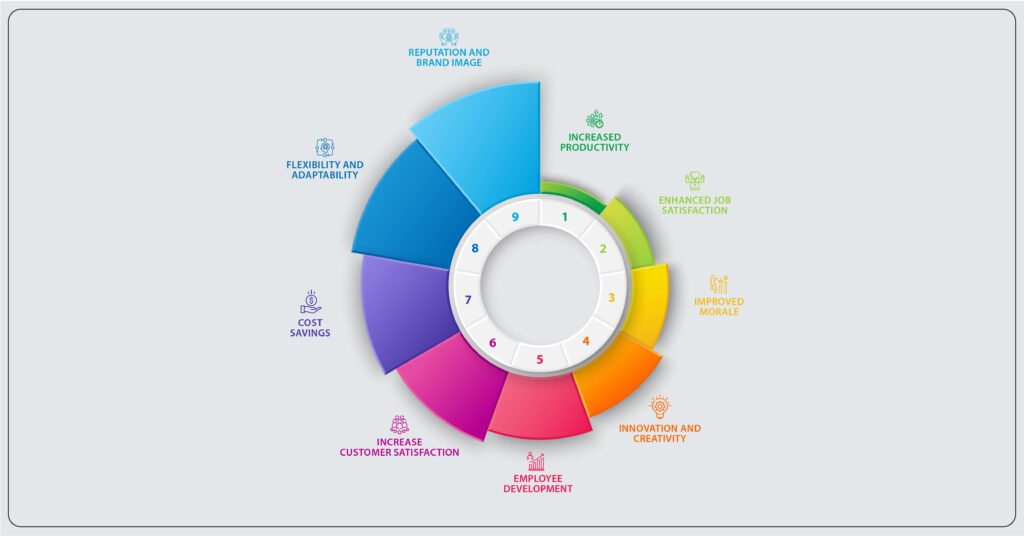Employee motivation is a critical aspect of successful management. In today’s fast-paced and competitive business world, organisations need a dedicated and enthusiastic workforce to thrive. The role of leadership in keeping employees motivated is instrumental, and this article delves into why management teams need to focus on employee motivation.

1. Increased Productivity
Motivated employees are more productive. When motivated, employees are willing to go the extra mile to ensure their tasks are completed efficiently and effectively. This increased productivity directly benefits the organisation, as more gets done in less time, contributing to higher profitability and a competitive edge in the market.
2. Enhanced Job Satisfaction
When employees feel motivated, they tend to experience higher job satisfaction. Satisfied employees are less likely to leave their jobs, reducing turnover rates. A stable workforce saves organisations money and ensures the retention of experienced, knowledgeable staff.
3. Improved Morale
Motivated employees often have a positive attitude and high morale. This contagious positivity can impact the entire team, leading to a harmonious workplace. A high-morale work environment encourages collaboration, teamwork, and a shared sense of purpose.
4. Innovation and Creativity
Motivated employees are more likely to develop innovative ideas and creative solutions to problems. A management team that fosters a motivational work culture can expect employees to be more engaged in their roles and contribute fresh, inventive perspectives to challenges faced by the organisation.
5. Employee Development
Motivated employees are more likely to engage in professional development. They actively seek opportunities to enhance their skills and knowledge, benefiting not only themselves but the organisation as a whole. Management teams can harness this motivation to build a more robust, skilled workforce.
6. Increased Customer Satisfaction
Happy employees tend to deliver better customer service. When motivated, employees are more likely to engage positively with customers, improving customer satisfaction and loyalty. Satisfied customers, in turn, can drive business growth and long-term success.
7. Cost Savings
Motivated employees are often more responsible and take fewer sick days. They understand the value of their work and its impact on the organisation. This results in lower absenteeism and reduced recruitment and training costs, ultimately saving the company money.
8. Flexibility and Adaptability
In an ever-changing business environment, organisations must be adaptable. Motivated employees are more willing to embrace change and adapt to new circumstances, ensuring the organisation can thrive in a dynamic marketplace.
9. Reputation and Brand Image
A motivated workforce can enhance an organisation’s reputation as an employer. This, in turn, attracts top talent and strengthens the company’s brand image. A positive employer brand can have long-lasting effects on recruitment and customer perception.
Conclusion
Employee motivation is not merely a soft concept but a powerful driver of organisational success. A motivated workforce is more productive, satisfied, and innovative, leading to many benefits for the organisation. Management teams play a pivotal role in fostering this motivation, and their efforts are a crucial investment in the company’s present and future. As the business world continues to evolve, the significance of employee motivation in effective management cannot be overstated.
